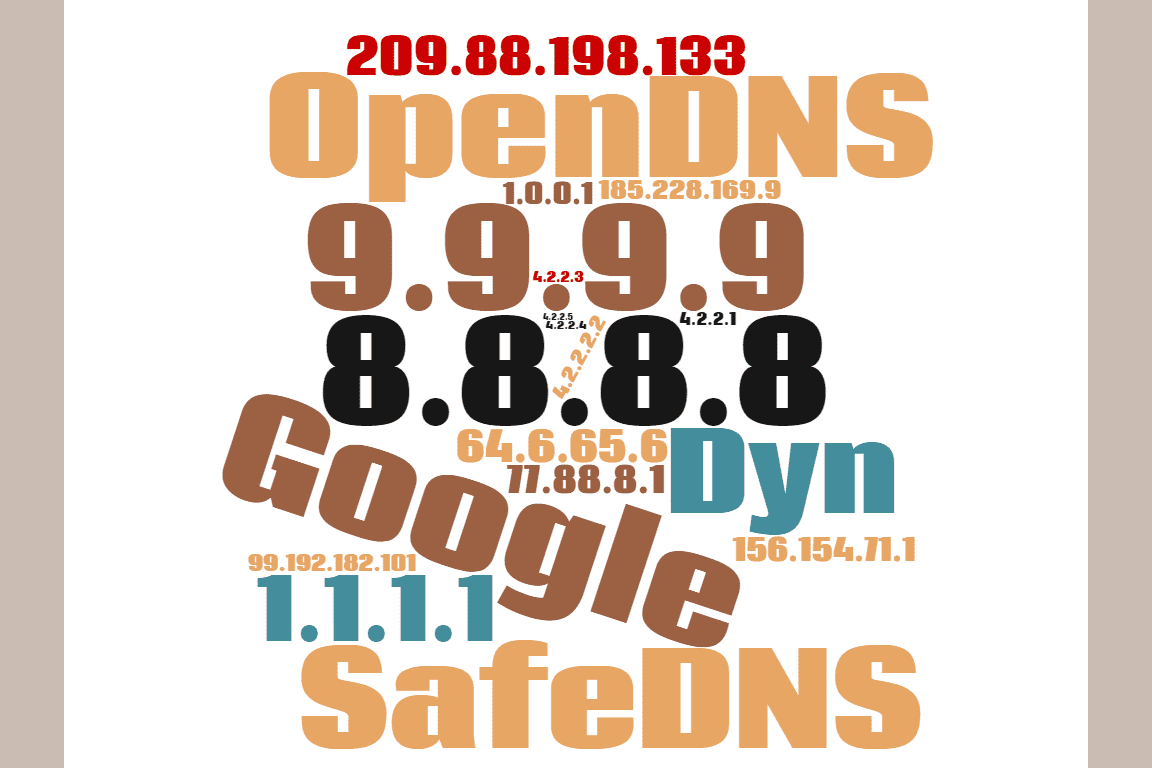Guvner
Established Member
- Joined
- Jul 1, 2014
- Posts
- 1,846
- Qantas
- Bronze
- Virgin
- Platinum
- Oneworld
- Emerald
- Star Alliance
- Gold
DNS poisoning on end points is a legitimate cybersecurity issue. cached entries on a local server, rather than each machine is a much safer practice. Anyway, each to their own.
Post automatically merged:
Web cache? This is DNS caching only. Their are a number of advantages using a local DNS cache.No that would be ok. Also you could use Cloudfare as primary and Google as secondary. But this is for name recognition DNS not the web cache so there’s no real point. Cloudfare and Google DNs are gereraliy in the <15ms resolution. Most likely your local DNS would use Cloudfare etc as their upstream DNS anyway.

















